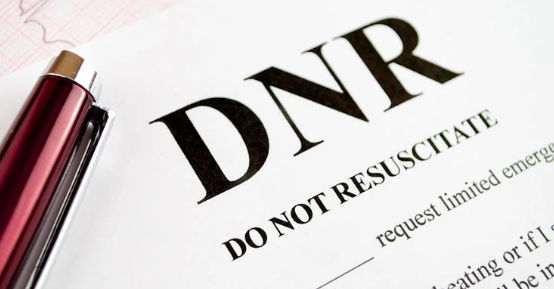DNR
the weight of signing away someone you love, when they're already gone

How can I sign your life away—
your DNR, and my DNA.
I "Do Not Remember" life before you; there is none.
You are in every facet of my being.
Even Mom says I look like you.
What is life if not slowly dying?
Sometimes I wish each cigarette had stolen five minutes—
took them quietly so the cancer couldn't.
Pound by pound, you're eighty now.
There was a before you got sick, and an after.
I don't know the man in front of me.
So this DNR is not for him—
it is for me.
Reflection
"DNR" explores one of the most devastating aspects of anticipatory grief—the moment when you must make decisions about someone's end-of-life care while they're still physically present but emotionally absent. The poem plays with the acronym DNR, transforming "Do Not Resuscitate" into "Do Not Remember," highlighting how grief can make us wish we could forget the pain of watching someone disappear before they're gone.
The line "your DNR, and my DNA" captures the impossible weight of being asked to sign away someone who is literally part of your genetic makeup, your identity, your very being. The poem explores the guilt and helplessness that comes with watching a loved one's slow decline, wishing that something else—anything else—could have taken them more gently.
The final revelation that "this DNR is not for him—it is for me" acknowledges the selfish truth within grief: sometimes we make these impossible decisions not for the person we're losing, but for our own survival. It's a raw admission of the limits of love and the necessity of self-preservation in the face of unbearable loss.